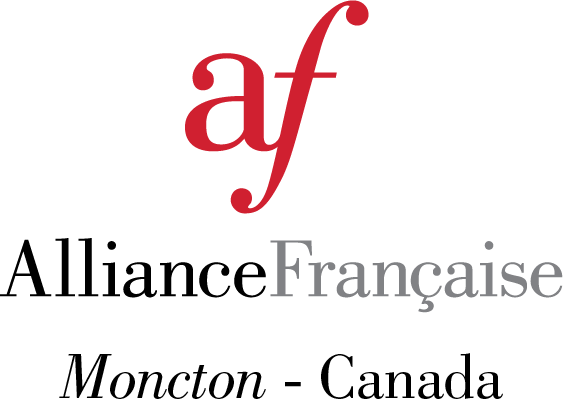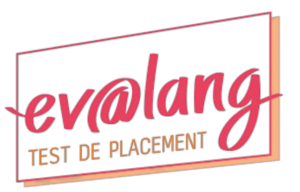Level B
The Second Language Evaluation (SLE) Test developed by the Public Service Comission of Canada is used to define a public service employee's bilingualism profile. To be considered for a bilingual position a person will be assessed in three skills: Reading Comprehension, Written Expression and Oral Proficiency.
As an intermediate user, you will handle any situation that require departure from routine use of the second language.
Reading Comprehension
The test assesses your ability to understand written text.
A person reading at this level can:
- grasp the main idea of most work-related texts;
- identify specific details
- distinguish main from subsidiary ideas.
A person at this level will have difficulty reading texts using complex grammar and less common vocabulary.
Written Expression
The test assesses your knowledge of grammar and vocabulary.
A person writing at this level can:
- deal with explicit information on work-related topics since they have sufficient mastery of grammar and vocabulary.
A person at this level will communicate the basic information, but the text will require some corrections in grammar and vocabulary as well as revision for style.
Oral
Proficiency
The test assesses your ability to speak and interact:
A person speaking at this level can:
- sustain a conversation on concrete topics;
- report on actions taken;
- give straightforward instructions to employees;
- provide factual descriptions and explanations.
A person at this level may have deficiencies in grammar, pronunciation, vocabulary and fluency that do not seriously interfere with communication.
Source: Canadian government website
Learning a language can take time but we are here to accompagn you.
The time required to meet your language goals depends on many factors including, but not limited to:
- Current knowledge of French and/or other languages you have learned;
- Previous French courses taken;
- Learning style;
- Previous experience with the SLE;
- Number of hours of practice per day/week/etc.
- Willingness to find opportunities to study and use French outside of the classroom.
Please note that the amount of time it takes an individual to reach a specific language level will vary considerably according to each person's situation.
We see our students as social individuals who have to accomplish real-life tasks. Find out more about our action learning approach. TAKE ACTION!
Our new program, developed in partnership with the Alliance Française d'Ottawa, covers over 20 professional and topical themes.
Face authentic situations as you learn : Conflict management - Leadership - Communication - Negotiation - Teleworking - etc.







